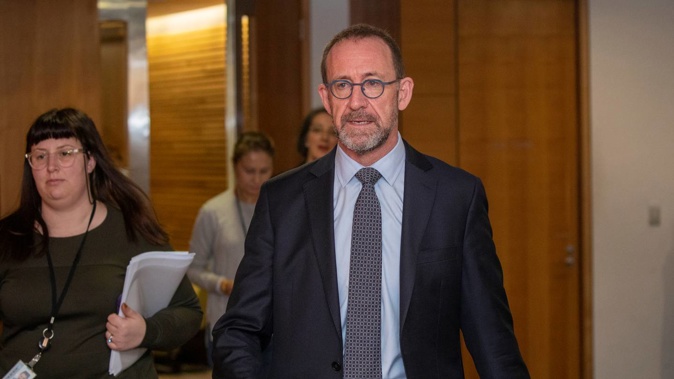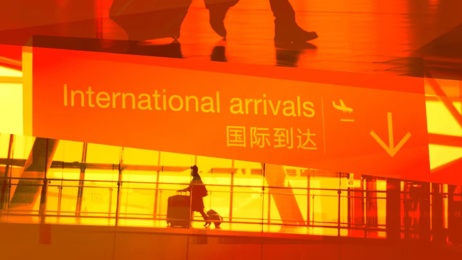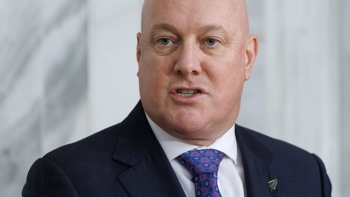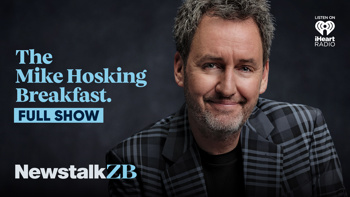
Health Minister Andrew Little faced tough questions from GPs today, which he later welcomed, telling reporters that he's "not here to be licked up and down".
In a speech to the Conference for GPs in Wellington, Little revealed 12 health indicators that will be used to monitor how the health system is performing once it transitions to a new national system, with a number of DHBs being disestablished.
They included immunisation rates for children at 24 months, under 25s accessing specialist mental health services within three weeks of referral, and ambulatory sensitive hospitalisations for adults aged 45-46 and children aged 0-4.
The purpose is to see where the system should be improved, followed by local consultation to target improvements in order to shift funding to primary care, rather than hospital EDs.
But the audience was unforgiving, and even chuckled when Little mentioned the mental health indicator in an apparent criticism of the Government's inability to make meaningful improvements in that sector.
"We're not trying to measure things that we think we've got it already. We're trying to measure things that actually tell us whether the system is working," Little said afterwards when asked about the laughter.
The questions from the floor were also highly critical, prompting Little to say afterwards: "I don't come here to be licked up and down. I come here to engage with people. If I'm not being told, how can I and the Government respond properly?"
Rose, a Hawera GP, told Little she was one of two GPs covering 20,000 patients, and implored Little to make fruit and vegetables free and to tax sugar to avoid a worsening diabetes crisis.
Little thanked her for the advice, later saying there was policy work on nutrition underway and there would be more to say next year.
He then told West Auckland GP Deb that pay parity for primary care nurses would follow the conclusion of negotiations with hospital nurses.
That would set the yardstick for the pay level for other nurses, he said, which might be in place in about two years' time.
"Two years! Yay!" was Deb's sarcastic response.
A GP from Porirua then asked Little "how big a dose of laxative" he planned to administer to Immigration Minister Kris Faafoi to sort out visa issues for overseas-trained GPs in New Zealand, whose futures are up in the air as residency expressions of interest are frozen.
Little replied he was in active discussion with Faafoi about the issue.
Retired GP David Hill, from Palmerston North, told Little the indicators he announced were looking at the wrong thing, and poverty was what made people sick enough to visit GPs - or to go to hospital if they couldn't afford a GP visit.
Little talked about the lifting of benefit rates in Budget 2021, but Hill retorted: "I hear it but I don't see any changes ... you are failing the people of New Zealand. You are failing people who live in poverty."
Afterwards, Little said the health system had been "under the hammer" even before the pandemic.
"There was frustration. Of course there was. And with the GP workforce ageing, more retiring, they're struggling to fill the vacancies. They've got more patients turning up with more complicated conditions. This is the reality of the system right now."
But he rejected the comments the Government wasn't addressing the drivers of poor health outcomes.
"We will have some important policy announcements to make as we start with the new system in July next year. Nutrition is one of them. That is a driver of poor health.
"We have to work out practical, sensible things that are actually going to make a difference. We're working on that now."
The crowd reception to director general of health Ashley Bloomfield, whose address was after Little's, couldn't have been more different.
One GP in the audience, during questions from the floor, thanked Bloomfield for possibly saving his life, and his question was to ask him for a selfie.
Take your Radio, Podcasts and Music with you









